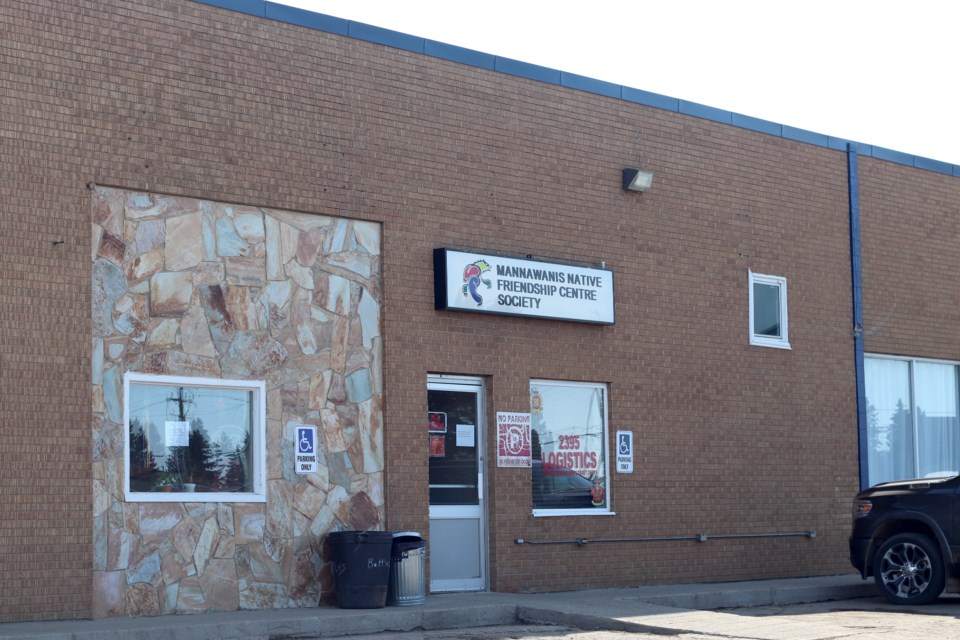ST. PAUL – The Mannawanis Native Friendship Centre (MNFC) is looking to upgrade its building as part of a multi-year retrofitting project aimed at creating more energy efficient Friendship Centres throughout the province.
The ANFCA (Alberta Native Friendship Centre Association) Retrofit project is led by the ANFCA and the Southern Alberta Institute of Technology (SAIT) Green Building Technologies Tech-Access Centre (GBTAC).
The project began in 2021 and includes four friendship centres that will be retrofitted. Along with the Mannawanis, other buildings include the Grand Prairie Friendship Centre, Nistawoyou Association Friendship Centre in Fort McMurray, and Miywasin Friendship Centre in Medicine Hat.
The retrofit project aims to reduce carbon emissions and “reduce the amount of energy needed to run” the facilities, explained Kelsey Chegus, operation lead with SAIT’s Green Building Technologies applied team on March 24 during the Energy and Sustainability in Buildings Summit: Spring Session held at the St. Paul Recreation Centre.
Dennis Steinhauer, program director at MNFC, said the local building requires much-needed upgrades. “We’re working with a really old building, so there’s numerous issues that happen,” he said. Issues result in “a lot of loss as far as energy [consumption] in various stages.”
“It used to be an old service station,” and not designed for the MNFC’s uses, he explained. “So, we’re trying to prolong the longevity of the building”, in addition to cutting the costs of energy consumption.
“It’s a win-win situation,” said Steinhauer, speaking about the project. “We want to be able to contribute to lowering the amount of CO2 emissions that we put out because we’re a very large building.”
Chegus said the retrofits include switching from less efficient lighting to highly efficient LED, window upgrades, and recommissioning mechanical systems to ensure they are functioning as intended.
There is no set time as to when the construction will begin at the MNFC. But the project partners hope to begin as soon as possible.
After the retrofit construction phase at the centres is done, the next stage of the project will be a year of carbon emissions monitoring of the retrofitted buildings.
Utility bills will also be tracked as a metric to identify if costs for running the buildings have been reduced, said Chegus.
In addition to the retrofits and improving energy efficiency, the project also includes community engagement, community action and education on reducing greenhouse gas emissions – via a four-part summit series that began with the March 24 summit in St. Paul, according to information from SAIT.
“The Alberta Native Friendship Centres Association hopes this summit builds awareness and advocacy through knowledge sharing, community engagement and action towards reducing greenhouse gas emissions,” said Len Morissette, president of the ANFCA.
“By implementing green building technologies, we hope to improve our relationships with our spaces and places throughout the Friendship Centre movement across Alberta,” said Morissette.
The other summits will be held in Grande Prairie, Fort McMurray, and Medicine Hat.



